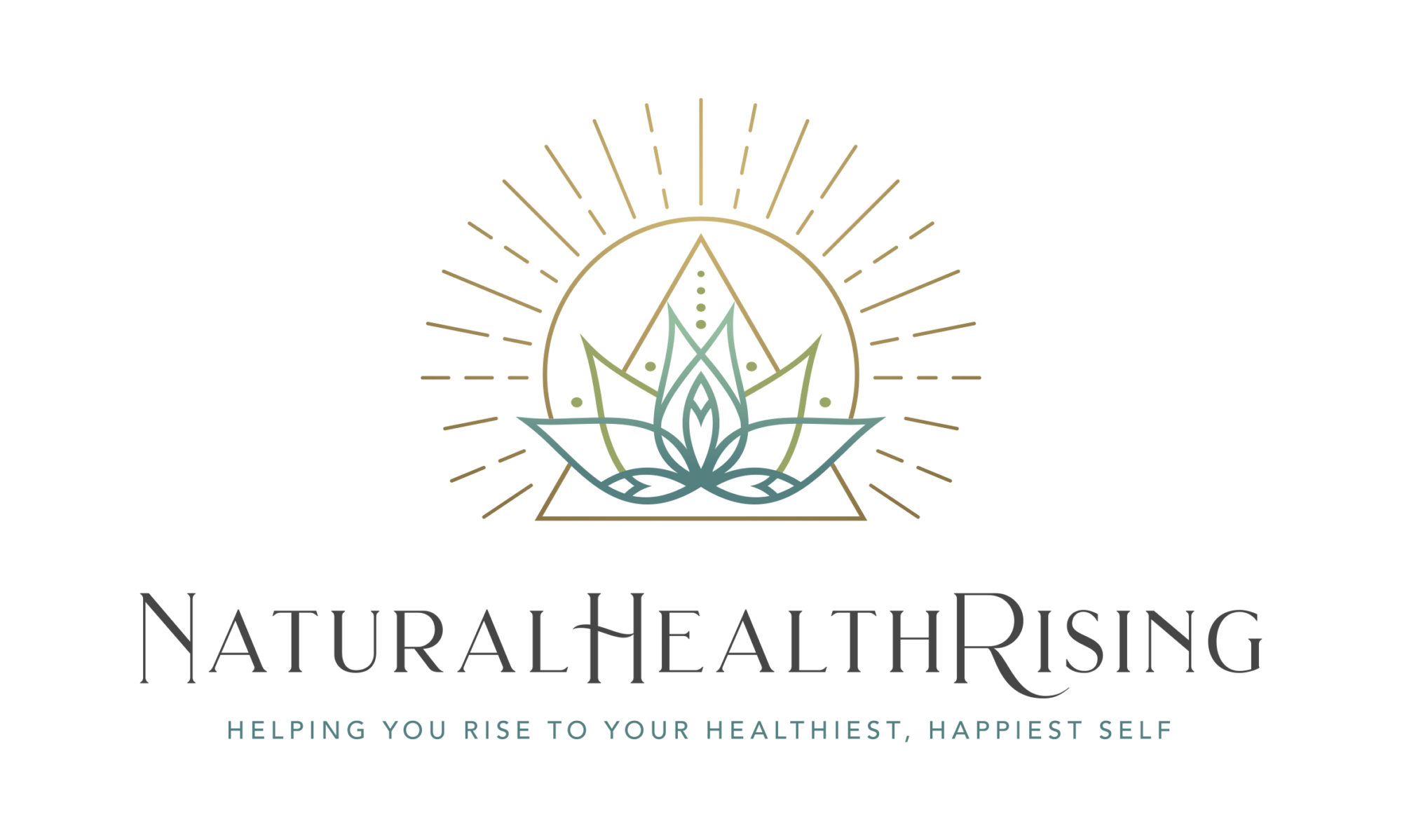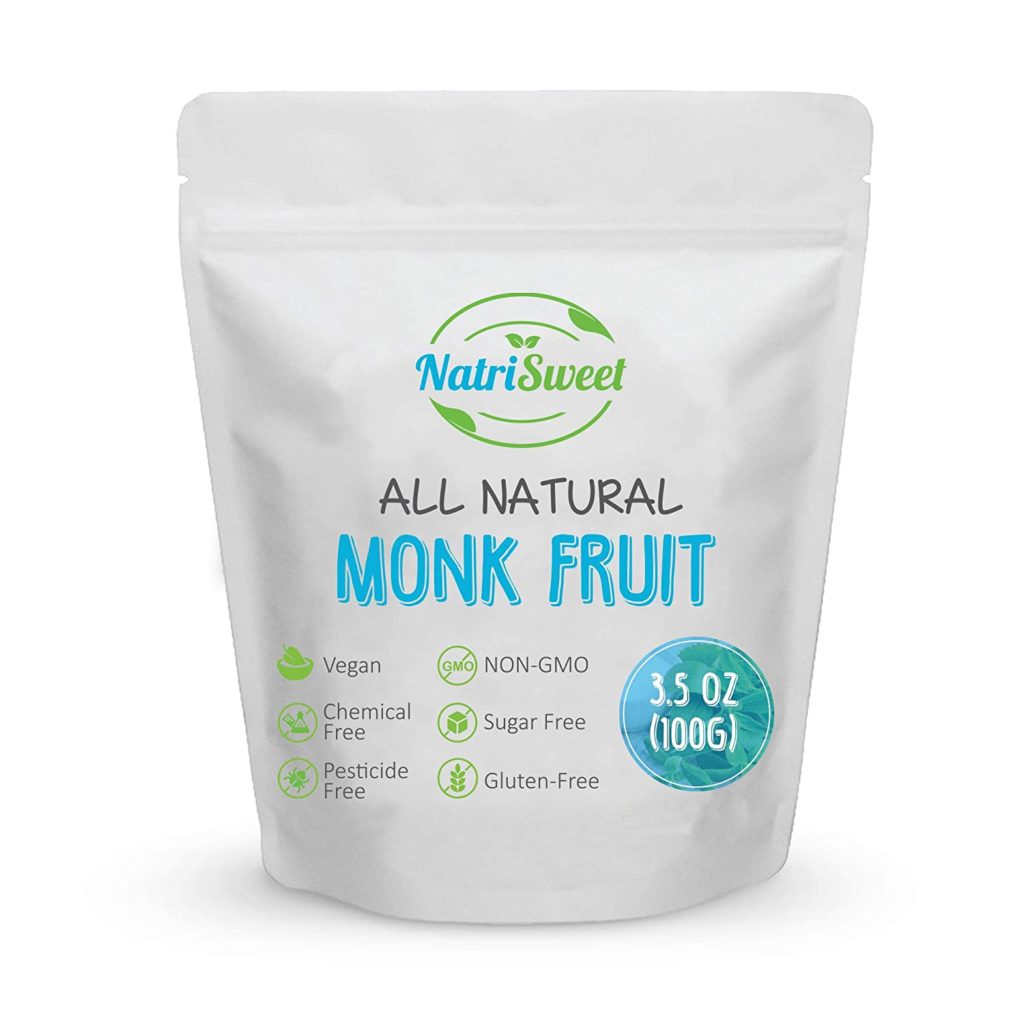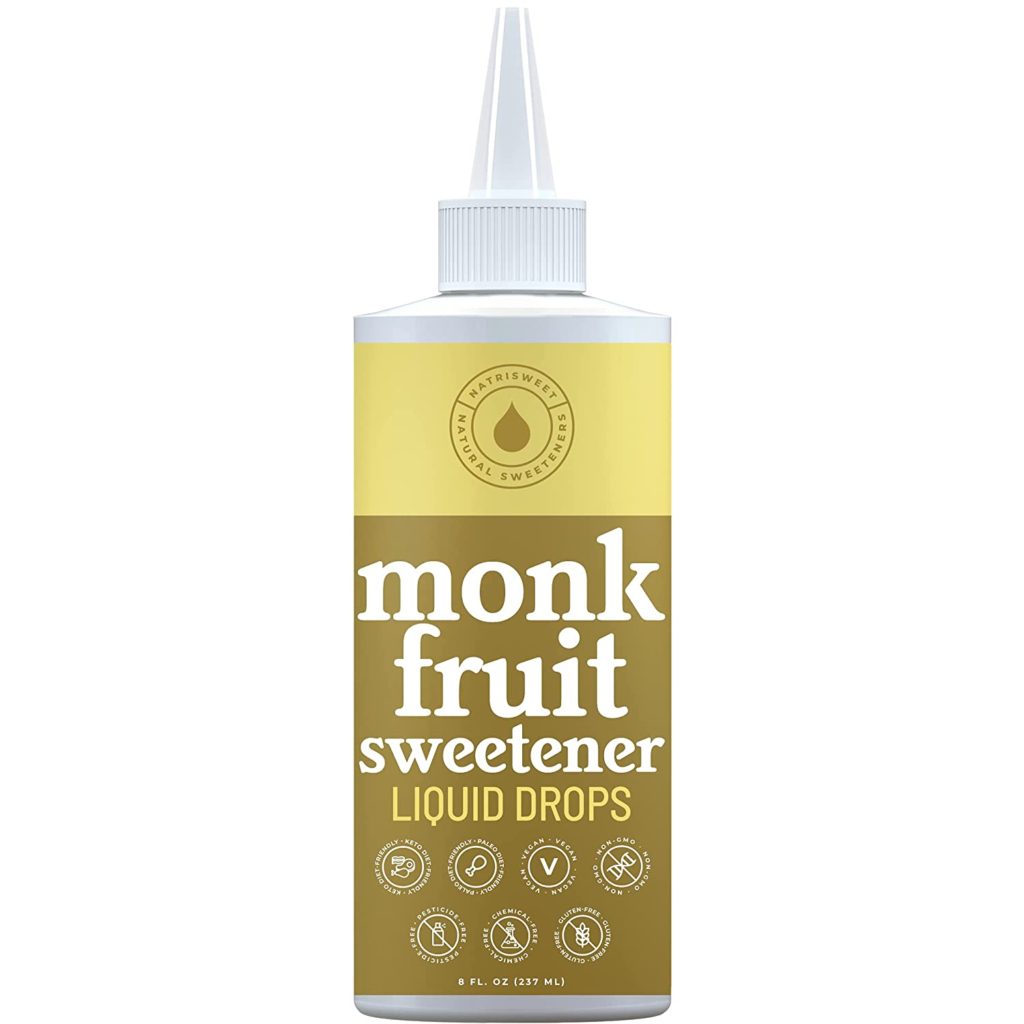
Toxicity of Sugar
Sugar is highly addictive and toxic. Too much sugar causes metabolic issues from insulin resistance to diabetes. As a result, it contributes to many diseases, from Alzheimer’s to autoimmune diseases. Sugar also has a huge, negative impact on your immune system. For instance, sugar knocks Vitamin C out of its receptor sites in your body. In other words, there is less vitamin C for your body to use. Sugar also inhibits neutrophils (immune cells responsible for defending against pathogens). Thus, people often rush to buy sugar swaps.
People Rush to Bad Alternatives
A lot of you are starting to understand that sugar is the enemy here, but you’re looking for sugar swaps to fill the gap. There is a wide variety of sweeteners available now, but are these any healthier than sugar? The short answer for many of these alternative sweeteners is no. They are not healthier. There are very few trusted sources out there to sweeten your favorite drinks and food. Most importantly, it is essential to be educated on which ones to buy and what sneaky ingredients are hiding in certain products. The packaging of sweeteners claims to be “healthy”, but in fact these are toxic. Let’s take a look at some major issues in alternative sweeteners and what are the right ones to choose.
Avoid Splenda, Sweet N Low, Equal and Similar Sugar Swaps at All Costs
I still cannot believe that people use Splenda, Sweet N Low, and Equal. These products contain sucralose, saccharin, and aspartame respectively. Sucralose and saccharin have been linked to cancer and various hormonal, neurological, and immunological conditions. Aspartame products produce a byproduct in your body called diketopiperazine, that when processed by the stomach, produces potentially tumor-causing compounds. Aspartame contains methanol, which when processed by the body, produces formaldehyde and causes DNA damage. It can affect many people neurologically, contributing to mood disorders and energy levels. Avoid these types of sweeteners at all costs. Unfortunately, they are littered at every restaurant, coffee, and tea shop that you go to regularly. Consider carrying around your own sweetener!
What About Sugar Alcohols?
I am also not a fan of sugar alcohols. However, they can be okay with some people in small amounts if the sugars are extracted from organic vegetables. Yet, the manufacturers usually produce them in a cheap and toxic manner. These sugar alcohols include erythritol, isomalt, sorbitol, glycerin/glycerol, mannitol, and xylitol. Some of these can cause digestive upset. This is because our bodies cannot digest parts of the sugar alcohols, and should be steered clear of if you have any gut issues, especially SIBO. On the other hand, xylitol and erythritol cause little to no digestive upset unless consumed in huge amounts. So, these would be the best picks from sugar alcohols. However, factories sometimes manufacture erythritol from genetically engineered corn! Personally, I try to stay away from this completely to be safe.
What’s The Best Option for Sweeteners or Sugar Swaps?
100% MONK FRUIT is the best sweetener you can use. Monk fruit powders and liquids come from Monk Fruit, aka Lo Han Guo, that naturally grows in China. This sweetener does not cause a change in your blood sugar levels. So, most importantly, it is considered safe for those with diabetes and other metabolic issues to consume. Monk fruit may even have anti-inflammatory properties. It has been used in Traditional Chinese Medicine for centuries for sore throats and phlegm.
Monk Fruit and Greenwashing
Many monk fruit products out on the market at your grocery store partake in “greenwashing” on their labels. In other words, they make the front of the box seem like they are selling a “100% pure,” “organic,” “raw,” “healthy” product but flip over the box and you will see an ingredients list that is far from just monk fruit. Many products cut their sweetener with erythritol, natural flavors, and even dextrose. Again, erythritol and dextrose can come from genetically modified corn. The term “natural flavors” means that it can contain over 100 different chemicals, including preservatives and solvents. Natural flavors can come from genetically modified crops and can be altered in any way, as long as the original source was a natural source. The term “artificial flavors” can be equally toxic.
Tips When Buying Sweeteners and Sugar Swaps
Always check the label and make sure it says 100% monk fruit. Similarly, make sure there is not a list of other ingredients. My favorite brand is Natrisweet, which offers powdered Monk Fruit and Liquid Drops.
When in Doubt, Stick to These Options:
- Organic, raw / unfiltered honey (antimicrobial and loaded with antioxidants)
- Coconut sugar
- 100% Real maple syrup
- Organic, unsulphured black strap molasses
*The caveat here is that these sweeteners do fluctuate blood sugar levels, so use them sparingly.
What Other Names Should You Avoid on Packaging?
Turbinado Sugar
Agave nectar
Acesulfame potassium (Ace-K)
Aspartame
Allulose
Advantame
Barley malt extract
Beet Sugar
Brown Rice Syrup
Brown Sugar
Corn Syrup
Corn syrup solids
Confectioners’ Sugar
Cane Sugar
Caramel
Dextrose
Dextrin
Demerara sugar
Erythritol
Fructose
Fruit juice
Fruit juice concentrate
Glucose
High fructose corn syrup
Invert Sugar
Maltose
Maltodextrin
Mannitol
Malt Syrup
Muscovado
Neotame
Polydextrose
Powdered sugar
Panocha
Raw sugar
Refiner’s syrup
Rice syrup
Sorbitol
Sorghum Syrup
Saccharin
Sucralose
Sucrose
Yellow sugar
Summary
Remember that it is best to stick with 100% monk fruit as a sweetener. Monk fruit doesn’t cause a spike in blood sugar levels and has anti-inflammatory properties.
You can purchase my favorite Monk Fruit brand using the links below!



Recent Comments